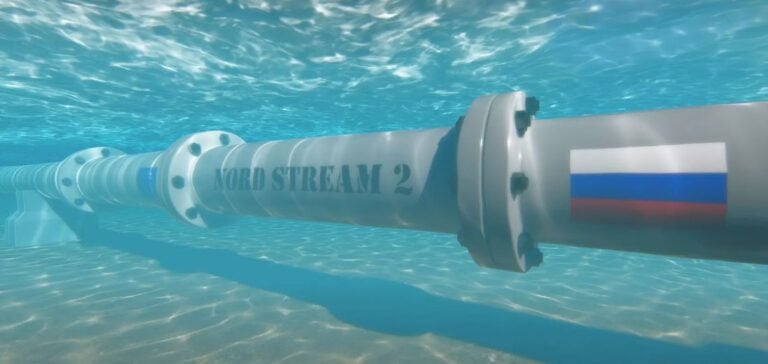The sabotage of the Nord Stream 1 and 2 pipelines in September 2022, occurring amid heightened geopolitical tensions, resulted in an unprecedented methane leak in the history of the energy industry. According to recent studies published in Nature and Nature Communications, 465,000 tons of methane were released, setting a global record for a single event.
Geopolitical stakes and accountability
The origin of these explosions, which targeted critical infrastructure in the Baltic Sea, remains unexplained. Russia and Ukraine, both parties to the armed conflict, continue to blame each other for these acts. This sabotage weakened European energy security, disrupted natural gas flows, and intensified tensions among major powers.
Nord Stream 1 and 2 represented crucial channels for the transit of Russian gas to Europe. Their shutdown accelerated the diversification of European energy supplies and raised new questions about dependency on Russian energy resources.
Consequences for the energy industry
Economically, this incident highlights the importance of securing critical energy infrastructure, both onshore and offshore. The massive leaks released a quantity of methane equivalent to 30% of Germany’s annual anthropogenic methane emissions, representing a significant environmental cost for the hydrocarbon industry.
From a regulatory standpoint, this event could strengthen requirements for infrastructure monitoring and expedite discussions on risk management associated with natural gas transportation. Operators in the oil and gas sector may face increased pressure to incorporate leak detection and reduction technologies into their existing infrastructure.
Environmental impacts
Methane, responsible for about 30% of global warming since the Industrial Revolution, is a greenhouse gas 80 times more potent than carbon dioxide over a 20-year period. The leaks associated with the Nord Stream sabotage may have prolonged effects on the Baltic Sea ecosystem, where certain areas still display methane concentrations five times above average levels.
Studies suggest that reducing methane emissions in the hydrocarbon industry could offer an immediate opportunity to mitigate the impact of global warming. However, managing the environmental consequences of this incident highlights ongoing gaps in the control and monitoring of accidental emissions.






















